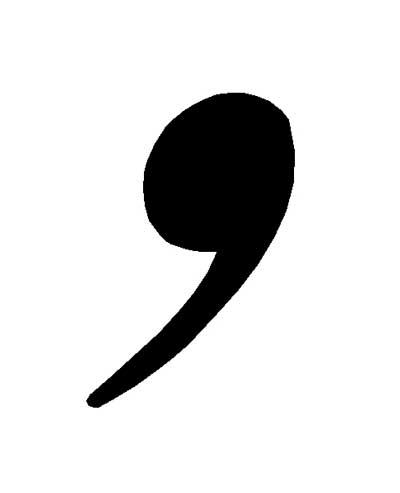The Multiple Personalities of the Apostrophe
The apostrophe can change the entire meaning of your sign or plaque, and as such, requires some thought. As an aid, here is some good and basic information to consider when ordering from Atlas Signs and Plaques. We like to call this “Sign Language”. However, treat the following as a guide, but not the definitive last word in punctuation. When in doubt, do your own research so you can tell us how you want your sign to read. You have the final responsibility, and we will make it the way you send it to us.
There are two main uses for this often confusing little mark.
One is to show ownership or possession. And the second is as a replacement for missing letters.
Single possession is easy. Bill’s Garage, or Bill Smith’s Garage. Some other examples would be Jack’s Man Cave, or Missy’s Sewing Room. Pretty simple, move on.
Showing plural possession is often just as straight forward. If there are a bunch of Smiths that own a garage, then the rules change to show that there are more than one Smith. In this case the apostrophe is placed after the final “s” in Smiths preserving the fact that there are more than one Smith and they own the garage jointly. In this case the sign should read The Smiths’ Garage. To recap: Smith’s Garage means that there is just one Smith that owns the garage. Smiths’ Garage shows possession by multiple Smiths.
Continuing with the concept of multiple ownership, when two or more persons have ownership, then the apostrophe is used only after the last name listed. Such as Ellen and Bill’s Cottage, or Ellen, Bill, and Ben’s Cabin.
Many times it is important not to use an apostrophe because there is no desire to indicate that something is owned. On a Welcome Plaque where the family is greeting guests, no apostrophe is used because there is no possession. It should read The Lancasters Welcome You. No apostrophe is used to plural a name.
The other use is to show that a letter or letters have been left out. A bit of an abbreviation and a way of writing more like we speak informally. It’s means It is, You’re means you are. Haven’t means have not. Could’ve means could have. Don’t means do not.

